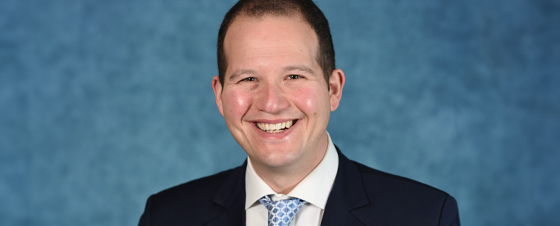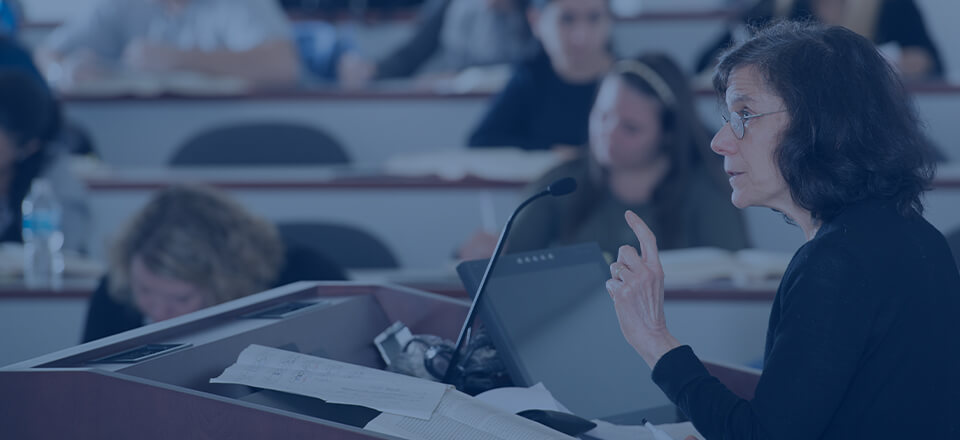Faculty Spotlight Gabriel Weil
Faculty Spotlight Gabriel Weil

Assistant Professor of Law Gabriel Weil may be best known for his scholarship in environmental law. However, he has recently expanded his scholarly research and interest in the area of Artificial Intelligence. He states, “My interest in AI was driven by a broader interest in mitigating catastrophic risk and internalizing externalities. I had been aware of the AI risk problem for several years but didn't really see a role for myself in addressing it until recently.”
Last summer, Professor Weil participated in the Principles of Intelligent Behavior in Biological and Social Systems Fellowship, an interdisciplinary research fellowship program that brings together researchers with expertise from across the natural sciences, social sciences, and humanities to work on AI alignment and safety and pairs them with an AI safety mentor. “This Fellowship enabled me to quickly get up to speed on the technical aspects of AI risk and begin to see places where I could make immediate contributions. In particular, I discovered that there were some non-lawyers talking about the role liability might play in AI risk mitigation, but the discourse was totally failing to engage with existing tort law doctrine. Once I had an understanding of the nature of the risk, it was pretty easy for me to jump in and explain how existing tort doctrine would likely apply to AI harms, and what doctrinal levers could be pulled to reach different results that would more effectively mitigate catastrophic AI risk.”
Professor Gabriel Weil's recent paper on "Tort Law as a Tool for Mitigating Catastrophic Risk from Artificial Intelligence" was recently discussed in Vox, see A law professor’s idea: reform legal liability for AI - Vox.
Vox describes Professor Weil's paper as "fascinating" and explains that it suggests why "a totally different kind of path [for regulating the risks associated with Artificial Intelligence], one that doesn’t rely on building out that kind of government capacity, is so important. The key idea is simple: AI companies should be liable now for the harms that their products produce or (more crucially) could produce in the future."
Vox elaborates: "Experts who think AI poses a catastrophic risk say that it could cause harms that cannot be redressed … because we’ll all be dead. You can’t sue anybody if the human race goes extinct. Again, this is necessarily speculative, and it’s possible this school of thought is wildly wrong and AI poses no extinction risk. But Weil suggests that if this risk is real, we might still be able to use tort law to address it."
Professor Weil is teaching a new class at Touro Law, “Law and AI.” He also teaches torts and various courses relating to environmental law and climate change. He joined the Touro Law faculty in 2022. Professor Weil's paper is available here.
Back

